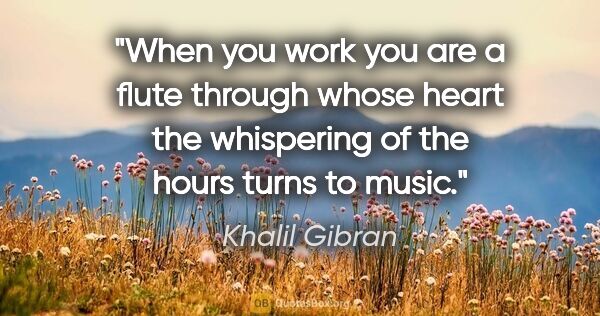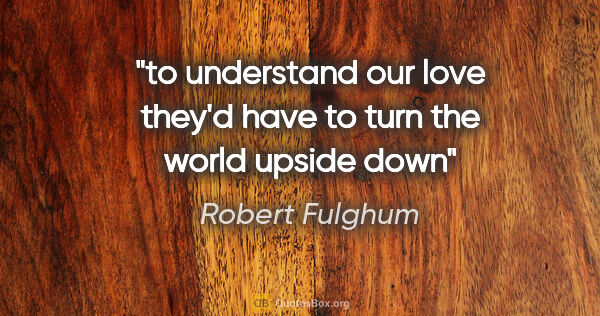Turning Quotes (page 129)

Despite Marijana's bracing presence, he seems to be on the brink of one of his bad spells again, one of the fits of lugubrious self-pity that turn into black gloom. He likes to think they come from elsewhere, episodes of bad weather that cross the sky and pass on. He prefers not to think they come from inside him and are his, part of him
J. M. Coetzee
When the white man turns tyrant it is his own freedom that he destroys. He becomes a sort of hollow, posing dummy, the conventional figure of a sahib. For it is the condition of his rule that he shall spend his life in trying to impress the "natives", and so in every crisis he has got to do what the "natives" expect of him. He wears a mask and his face grows to fit it.
George Orwell
What then is the source of my errors? They are owing simply to the fact that, since the will extends further than the intellect, I do not contain the will within the same boundaries; rather, I also extend it to things I do not understand. Because the will is indifferent in regard to such matters, it easily turns away from the true and the good; and in this way I am deceived and I sin.
Rene Descartes
He made a small sigh, as he swallowed the first blood, then his mouth closed over my earlobe, mouth working at the wound, tongue coaxing blood from the wound. He pressed his body the length of mine, one hand cupping my turned head, the other playing down the line of my body. Maybe it was just blood, but I never stroked my steak while eating it.
Laurell K. Hamilton
True character arises from a deeper well than religion. It is the internalization of moral principles of a society, augmented by those tenets personally chosen by the individual, strong enough to endure through trials of solitude and adversity. The principles are fitted together into what we call integrity, literally the integrated self, wherein personal decisions feel good and true. Character is in turn the enduring source of virtue. It stands by itself and excites admiration in others.
E. O. Wilson
But I pushed and pulled in vain, the wheels would not turn. It was as though the brakes were jammed, and heaven knows they were not, for my bicycle had no brakes. And suddenly overcome by a great weariness, in spite of the dying day when I always felt most alive, I threw the bicycle back in the bush and lay down on the ground, on the grass, careless of the dew, I never feared the dew.
Samuel Beckett

